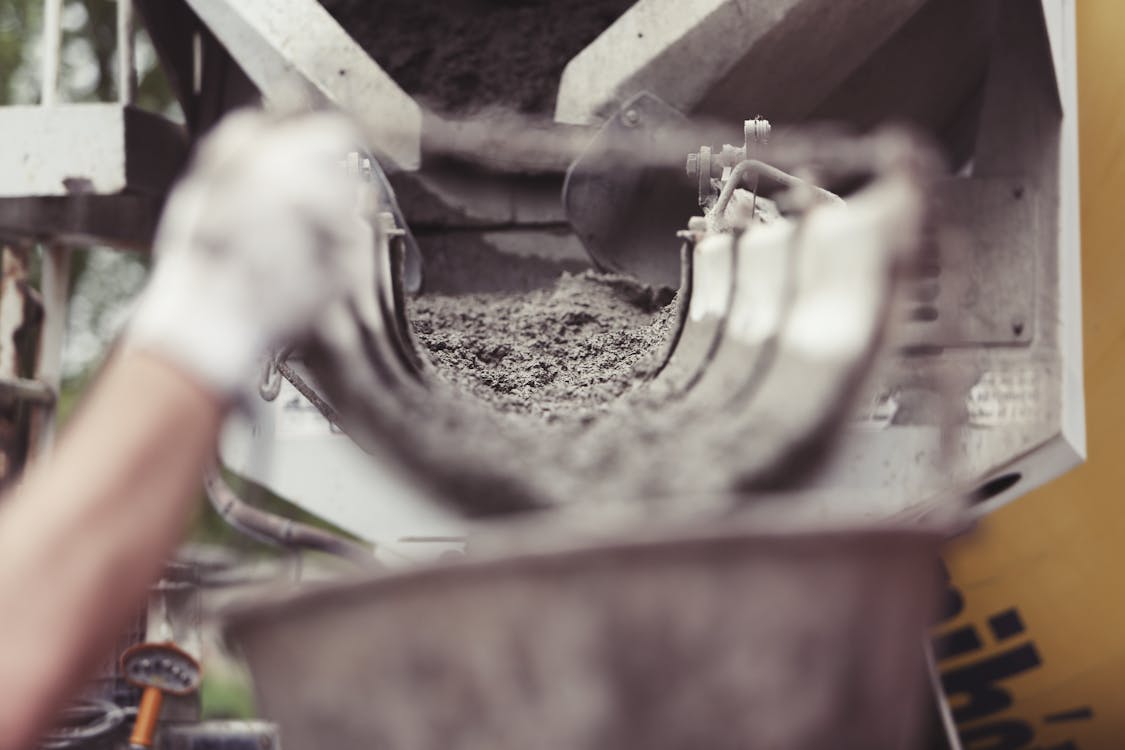Are you worried about the durability and safety of your new construction project? Frustrated by costly delays and unexpected issues?
Ensuring high-quality construction is not just about aesthetics; it’s about creating safe, durable, and compliant structures that stand the test of time.
Poor construction quality can lead to significant problems down the line, including structural failures, increased maintenance costs, and legal issues.
With Insula Capital Group’s new construction loans, developers can invest in stringent quality control measures, from comprehensive inspections and advanced material testing to obtaining necessary certifications and ensuring compliance with building codes.
The Importance of High-Quality Construction
High-quality construction is the foundation of any successful development project. It ensures that the building is safe, durable, and meets the expectations of both developers and occupants.
Poor construction quality can lead to significant problems down the line, including structural failures, increased maintenance costs, and legal issues. Therefore, implementing stringent quality control measures from the outset is crucial.
Key Quality Control Measures
Regular Inspections
Regular inspections are a cornerstone of high-quality construction. Inspections should be conducted at various stages of the construction process to identify and rectify issues promptly. These inspections include:
1. Pre-Construction Inspections:
Assessing the site and reviewing plans to ensure that all preparatory work aligns with the project requirements.
2. Foundation Inspections:
Check the foundation for proper depth, alignment, and structural integrity before pouring concrete.
3. Framing Inspections:
Ensuring that the structural framework is constructed according to specifications and building codes.

4. Mechanical, Electrical, and Plumbing (MEP) Inspections:
Verifying that all MEP installations meet safety standards and design specifications.
5. Final Inspections:
Conducting a thorough review of the completed project to ensure it meets all quality standards and is ready for occupancy.
Material Testing
Using high-quality materials is essential for ensuring the durability and safety of a construction project. Material testing involves evaluating the quality and performance of construction materials before and during their use in the project.
Common tests include:
1. Concrete Testing:
Assessing the strength and composition of concrete through slump tests, compression tests, and other methods to ensure it meets the required standards.

2. Soil Testing:
It analyzes soil properties to determine its suitability for supporting structures and identifying any necessary soil treatments.
3. Steel Testing:
Evaluating the tensile strength, durability, and composition of steel used in construction to ensure it can withstand the required loads.
Certifications and Compliance
Obtaining relevant certifications and ensuring compliance with building codes and regulations are critical steps in high-quality construction. This involves:
1. Building Code Compliance:
Adhering to local, state, and federal building codes that dictate the minimum standards for construction quality and safety.

2. Environmental Certifications:
Obtaining certifications such as LEED (Leadership in Energy and Environmental Design) to demonstrate commitment to sustainable building practices.
3. Safety Certifications:
Ensuring that all construction activities comply with OSHA (Occupational Safety and Health Administration) standards to protect workers and occupants.
Quality Assurance Programs
Implementing a comprehensive quality assurance (QA) program helps maintain high-quality construction standards throughout the project lifecycle.
Key components of a QA program include:
1. Standard Operating Procedures (SOPs):
Establishing clear SOPs for all construction activities to ensure consistency and adherence to best practices.
2. Training and Education:
Providing ongoing training for construction workers and supervisors to keep them informed about the latest quality standards and techniques.
3. Documentation and Reporting:
Maintaining detailed records of inspections, tests, and certifications to provide transparency and accountability.
4. Regular Audits
Conducting regular internal and external audits of the construction process ensures that quality standards are consistently met. Audits help identify areas for improvement and verify that all QA procedures are being followed correctly.
5. Supplier and Subcontractor Management
Carefully selecting and managing suppliers and subcontractors is crucial for maintaining high-quality construction standards. Regular performance evaluations and quality checks ensure that all materials and work provided meet the project’s specifications and quality requirements.
6. Quality Control Checkpoints
Establishing quality control checkpoints at critical stages of the construction process helps identify and address issues before they escalate. These checkpoints allow for timely interventions and corrections, ensuring that the project stays on track.
7. Use of Technology
Leveraging technology, such as Building Information Modeling (BIM), drones, and construction management software, enhances the QA process. These tools provide real-time data, improve communication, and streamline quality control activities.
Engaging Qualified Professionals
Hiring experienced and qualified professionals is fundamental to ensuring high-quality construction. This includes:
1. Architects and Engineers:
Engaging skilled architects and engineers to design and oversee the project, ensuring that all structural and aesthetic aspects meet high standards.

2. Contractors and Subcontractors:
Selecting reputable contractors and subcontractors with a proven track record of delivering quality workmanship.
3. Project Managers:
Appointing experienced project managers to coordinate all aspects of the construction process and ensure that quality standards are consistently met.
Partner with Insula Capital Group for Seamless, High-Quality Construction Financing
Are you ready to ensure the success of your construction project with high-quality standards? Insula Capital Group is your trusted partner in achieving this goal.
With more than 30 years of experience in real estate financing and investment, we offer seamless new construction loan approvals and a direct private fund, ensuring minimal documentation requirements and no prepay penalties.
Our commitment to transparency means no junk fees, providing you with a straightforward lending experience.
Partner with us today and build with confidence, knowing that your project is backed by a reputable leader in the industry.




